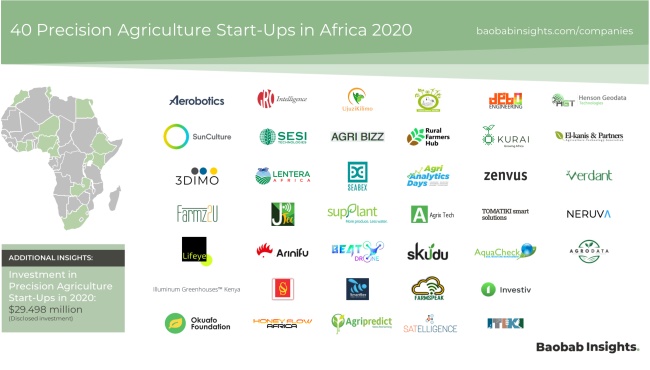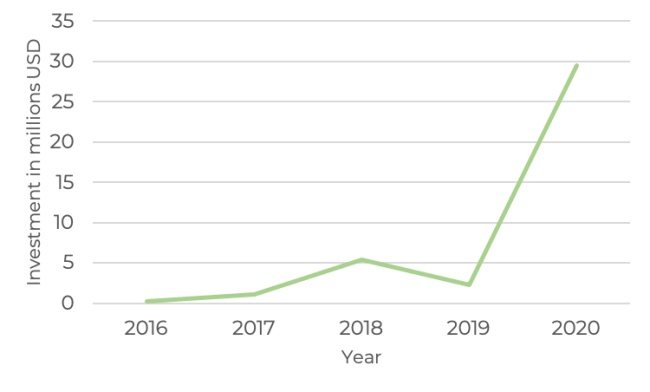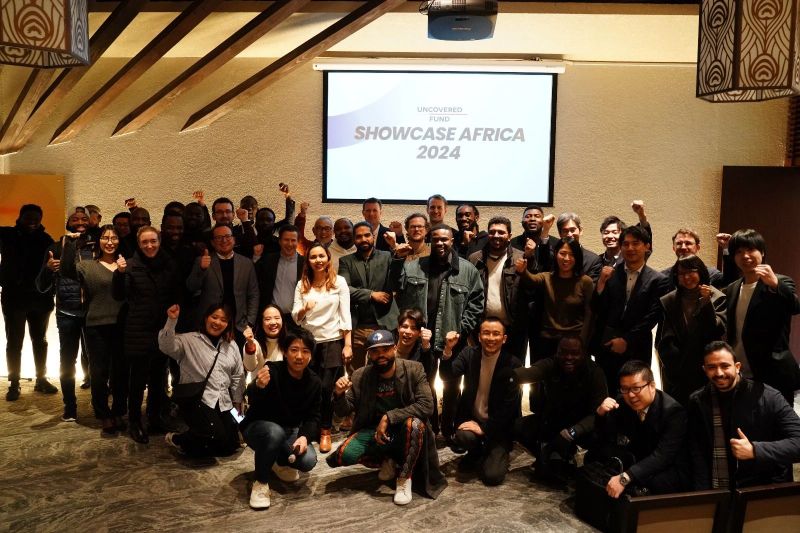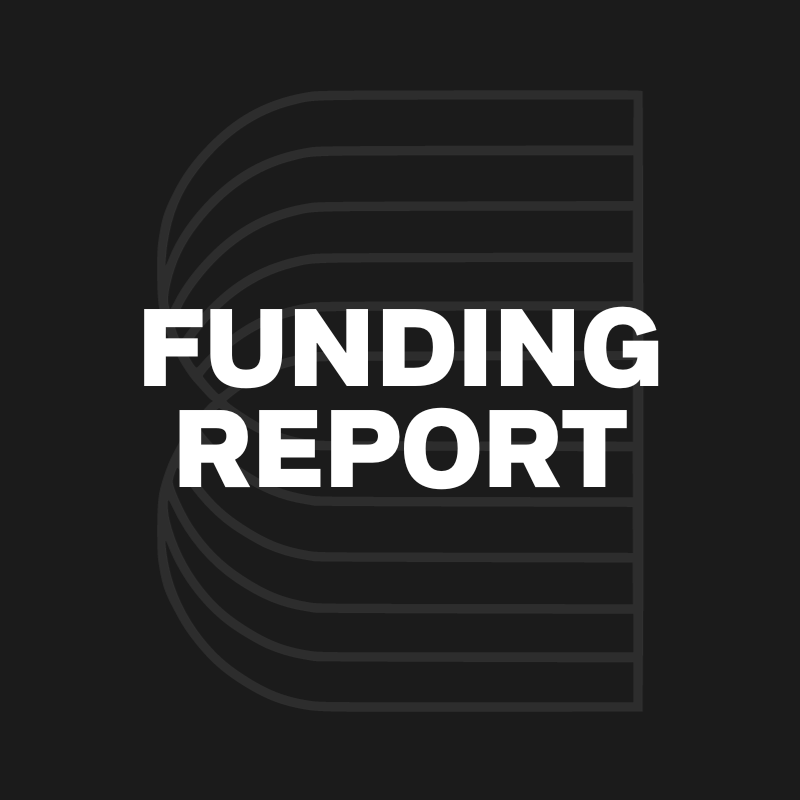The UN forecasts that the population of Africa will reach 2.4 billion by 2050. This presents a significant challenge for governments, farmers and the private sector to increase levels of farming productivity and match increased food demand. Meeting this need will come from a variety of stakeholders and changes to government policy. However, technology has always played a significant role in solving food security challenges, and increasingly it is digital technology, or precision agriculture, that may have a larger role to play.
Precision Agriculture refers to the use of technology solutions to help capture and analyse data sources to improve farming processes, yields and profitability. By capturing information from a variety of sources such as; soil type, nutrient and moisture levels, or topography, is useful for optimising profitability, sustainability and protecting local environments.
Precision Agriculture has the potential to contribute to various types of farming operations through the use of drone technology, IoT and vertical farming. These tools and techniques are made accessible through cloud-based web and mobile applications. Helping to extend their use-case directly to the field. For small-holder farmers, a demographic which according to the ODI represents 80% of farms in the sub-Saharan Africa, the potential of such technologies could be significant in helping to increase productivity, and access to vital agronomic information.
Following the announcement that the team at Aerobotics closed their Series B round in December 2020, and New York and Nairobi based Gro Intelligence announcing in January 2021, that they have closed an $85.0. million USD Series B, the Baobab Insights team were keen to take a closer look at this innovative space.





